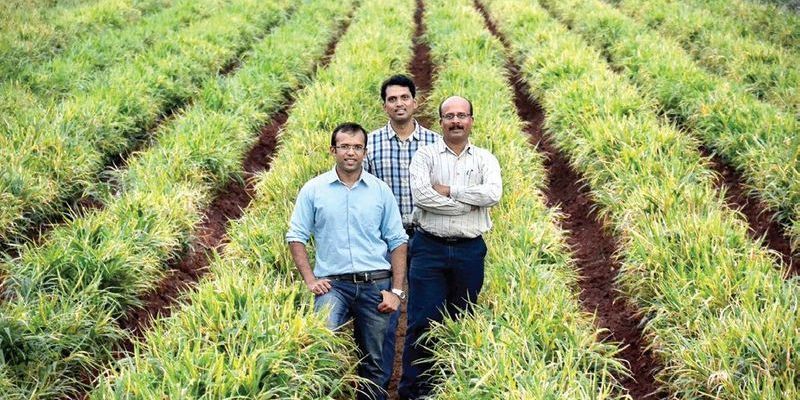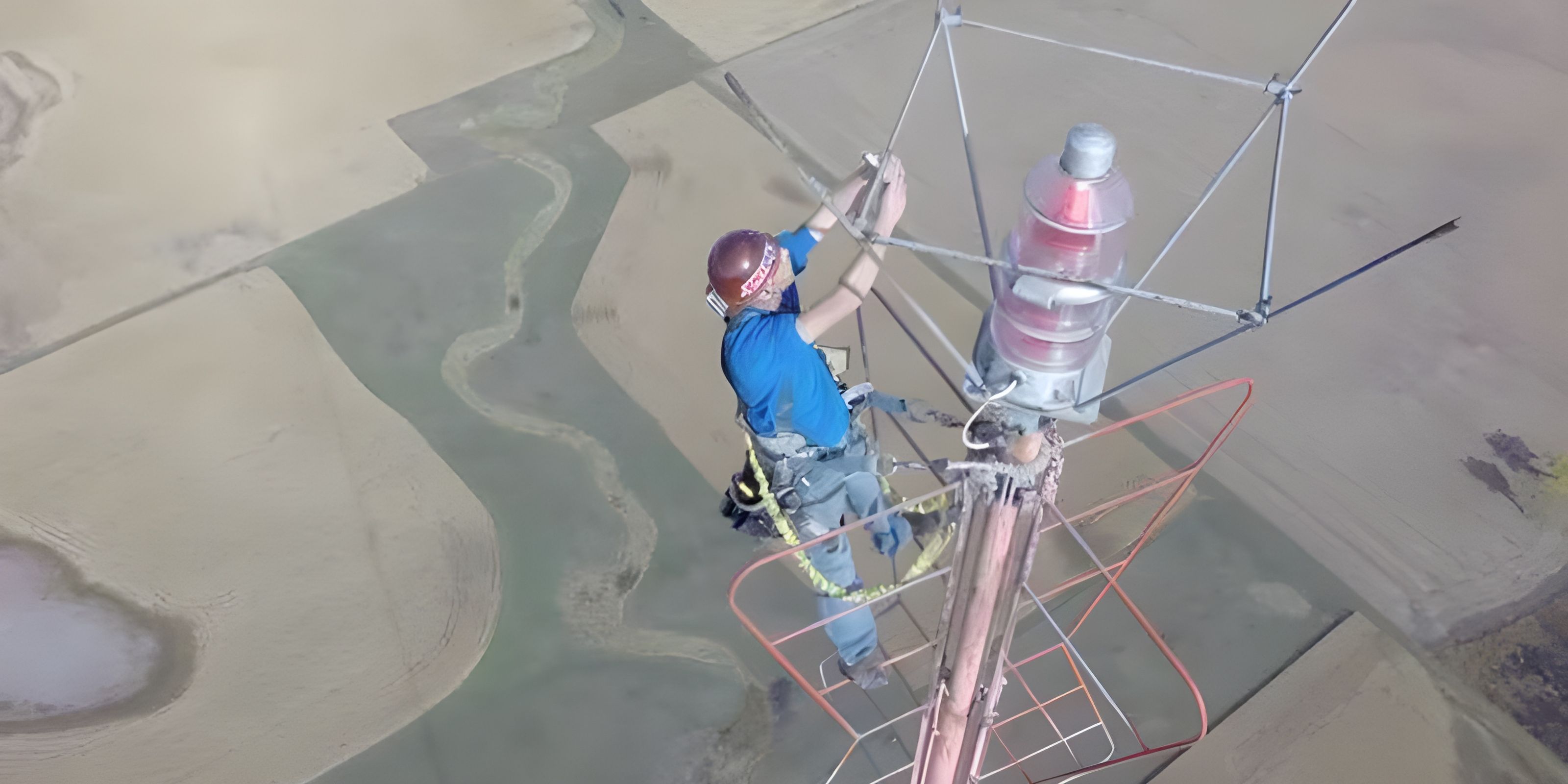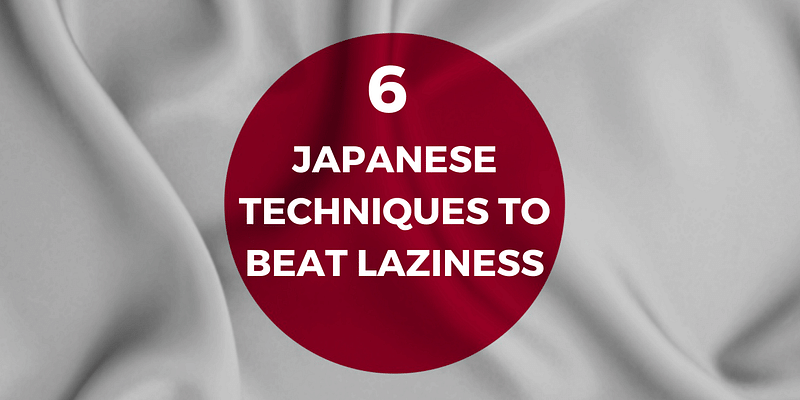This agritech startup helps people own and manage farms for long-term wealth benefits
Bengaluru-based agritech startup Hosachiguru helps people own agricultural assets and manages them on their behalf through its farm-as-a-service model.
was founded in 2015 by three engineers who gave up their high-paying IT jobs to do farming on the outskirts of Bengaluru.
It sounds romantic, and the founders knew too well that that was what they would sell their customers — the romance of self-owned farms.
Sriram Chitlur, Co-founder and Director, Hosachiguru tells YourStory,
“Owning a farm is an emotion… People talk about how their grandparents owned farms, which they’d visit during holidays. Most youngsters today aspire to own farms. But it’s always a challenge to find a farm, know what to grow, manage the land, and so on. There are too many moving parts, and no company delivers agri as a service. We wanted to change that,” he says.
Hosachiguru is an amalgamation of the Kannada words hosa (meaning ‘new’) and chiguru (meaning ‘shoot’). Together they imply tender cultivation.
The agri asset management company provides farm-as-a-service to people who want to invest in agriculture for long-term wealth gains.

Hosachiguru offers land parcels in sizes of 0.25 acre, 0.5 acre and 1 acre
The Bengaluru-based startup helps them buy, grow, cultivate, and manage farmlands, and earn an income on their produce. In return, Hosachiguru charges its customers a land fee (Rs 60/per square foot) and an annual farm maintenance cost (depending on the services they avail).
Sriram, who heads Hosachiguru’s farming operations, shares,
“About 10 years ago, we [him and co-founder Ashok Jayanthi] wanted to own a piece of land for ourselves. But the discovery was difficult. Farms were either too big or too high-priced or too far away. It was a crisis, but we could turn it into an opportunity. We institutionalised this company five years ago to design, develop, and manage farms in a sustainable and economically viable way.”
Today, Hosachiguru manages over 1,000 acres of land across 20 farms in Karnataka, and is looking to close the year with a turnover of Rs 50 crore. It also claims to have created employment for more than 500 local farmers and 100-plus contract labourers, and helped mitigate rural migration.
The farm management process
The process starts with Hosachiguru cherry-picking farms for its buyers based on key parameters, including land titles, soil type, water availability, irrigation systems, and connectivity.
Buyers can choose from land parcels sized 0.25 acre, 0.5 acre, and 1 acre each, with prices ranging from Rs 10 lakh to Rs 32 lakh. Once they become land-owners, they can select crops (seasonal fruits and vegetables) and timber (teak, sandalwood, mahogany, Melia Dubia) that they wish to cultivate on the plot.

Hosachiguru's Bristlecone Farm, a 50-acre land parcel off Bengaluru Airport
Hosachiguru provides a suite of high-tech farmland services, including cultivation, soil management, drip irrigation systems, fertiliser-free crop maintenance, agroforestry, creation of weekend cottages and gated farm communities, and harvesting and distribution of produce.
Sriram elaborates,
“We procure arable land after a complete analysis of the area, surroundings, and soil types. India has such a diverse topography that a 100-acre farm will have five different soil types. Depending on soil and weather conditions, we assist our land-owners with the cultivation. The entire process is focused on sustainability. We help conserve soil, decrease carbon footprint, and prevent the use of harmful chemicals on crops.”
All of Hosachiguru’s farms are equipped with 24/7 drone surveillance and security, remote IoT sensors, high-speed irrigation units, electric supply, rainwater-harvesting systems, hammocks, cycling tracks, work-from-farm facilities, in-campus farming quarters for contractual labour, and more.

Hosachiguru provides farm-as-a-service to land owners for an annual fee
The startup claims that it is able to bring down the cost of setting up a farm by 70 percent compared to what an individual farmer typically incurs.
Hosachiguru also helps land-owners earn 20-30 percent more for their produce, which is sorted, graded, packed, and distributed by the company.
Customers get a single dashboard access to track their farms, and stay abreast of key agri metrics like soil moisture, wind velocity, rainfall, harvest cycles, expected yield, and areas that require attention.
“The platform provides farm visibility to customers. Every farm is mapped to its actual shape and size. We leverage Google Earth and other mapping technology to give them a 360-degree view. They can access all farm data, images, and videos on the dashboard. Owners can also do their farm document management using our tech. We’ve now enabled online farm registrations. So, you don’t have to visit a farm before booking it,” explains the founder.

(L to R) Srinath Setty, Sriram Chitlur, and Ashok J, Co-founders, Hosachiguru
Business model and growth
The startup has a three-pronged business model.
It earns a fee on the land it sells as well as for providing annual farm management services. Additionally, it pockets a 30 percent share of the revenue that farm-owners earn from selling their produce.
Hosachiguru also generates revenues by selling saplings grown in its nurseries. It manages agricultural assets worth $7 million, and claims to be growing at 30-40 percent per annum.
The pandemic has had a positive impact on its business, reveals the founder.

Hosachiguru's Eco Habitat Farm on the state highway to Hindpur, Andhra Pradesh
Sriram says, “We’ve sold 45-50 acres of land in the pandemic. More people now want to spend time in the wilderness. We’re building a work-from-farm concept and providing the necessary infrastructure. We’re also creating five-acre permaculture gardens where they can grow plants through the year and see an agroforest evolve.”
Over the last five years, Hosachiguru’s customers typically involved the IT crowd from nearby Bengaluru. But of late, there’s been more diversity.
“There are many young professionals who want to invest in agriculture and create long-term wealth,” says the founder, adding, “These are accomplished businessmen who don’t have time to manage land. The common thread is that most buyers are nature-lovers and they want to protect the environment.”
Future plans and the agri asset market
Hosachiguru plans to build hospitality and ecotourism on its farms as the demand for sustainable practices and weekend getaways goes up.
“In the next three years, we look to have 5,000 acres of land under our management and also expand into coffee and tea plantations,” Sriram reveals.

Hosachiguru's Green Meadows Farm in Gorantla, Andhra Pradesh
The startup has raised undisclosed funds from Prestige Group CEO Venkat Narayan. It is now looking to add “credible investment partners” to scale up operations.
Hosachiguru looks to acquire new farmlands in the neighbouring states of Telangana, Andhra Pradesh, and Tamil Nadu where farm ownership laws are more relaxed and allow those without an agri background to own land.
Agri-asset management is still a fairly nascent market in India, with only a handful of players like Beforest and Big India Farms competing with Hosachiguru. But humanity’s growing affinity for all things green and its propensity for wealth creation are likely to propel the industry forward.
Sriram sums up Hosachiguru’s vision. “We’re giving people hassle-free farm management on a platter, creating rural jobs, and offering a win-win to the nation. We are ‘Make in India, Harvest in India, Sell in India’.”
(Edited by Teja Lele Desai)










1564671114666.png?fm=png&auto=format&h=100&w=100&crop=entropy&fit=crop)




